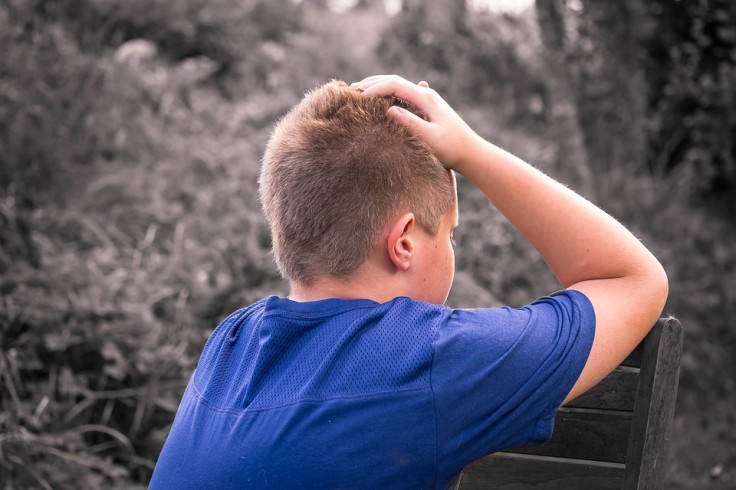
As you may have heard many times before, parents only want the best for their children. But what if their ways do more harm than good? Not everyone has a good relationship with their parents. There are those who suffer from the negative ways that their parents practice.
The term toxic is too generic, but it often refers to narcissistic parents. This refers to parents who suffocate their children because they only want their plans and their ways to be followed, and are verbally, mentally and physically abusive. This also includes parents who have mental illness and deep-seated trauma from their own childhood which they project on their children, and basically any behavior that can affect the child's well-being.
Signs of a toxic parent
Most toxic parents have a lack of empathy for their children. They are self-centered, and they do not care if their child will be affected by their behavior as long as they benefit from it. They also overreact, and they do not control what comes out of their mouth. They curse at their children, insult them, call them names and belittle them over the smallest mistakes.
A study published in the journal JAMA Network showed that verbal abuse could damage children far more than physical abuse, and the emotional damage can last for a lifetime. This leads to the child growing up with low to no self-esteem, they get clingy over those who show them a bit of affection or they build an emotional wall around themselves, refusing to reciprocate any affection.
Developmental psychologists said that children as young as three years old could already understand what is said to them, and they believe what their parents say because they are the only ones that children look up to. The human brain takes 25 years to fully develop, so if you spend all those years with a toxic parent, you may end up not being emotionally or mentally stable when you become an adult.
How to heal from having toxic parents
Luckily, you do not have to suffer in silence. There is help available for those who want to recover from a toxic childhood. There are therapy sessions, counseling, and support groups that you can join so that you can meet others with the same experience as you. In this way, you will know that you are not alone.
If you are an adult, you can move out and start over. Psychologists always encourage people with toxic parents to cut them off or at least minimize contact with them. The best way to heal is to remove the cause of the pain.
Psychologists also advise those with toxic childhood to let the past go. Letting go does not mean that you need to forget what happened, what you need to do is accept that it happened to you and it is not your fault. Remind yourself that what they did to you is not because of who you are, but it is because of who they are and that they are the problem.
It is also important to note that abusive behavior should not be normalized. You should not let toxic and abusive behavior slide just because they are your family. There should be no excuse for abusive behavior.
Healing takes a lot of time, and it does not happen in an instant, but with proper guidance and support, you will be able to move forward and be a better parent to your children and give them the love and support that they need.
ALSO READ: Co-Parenting With A Toxic Ex: What You Can Control When Sharing Parenting Roles With The Enemy